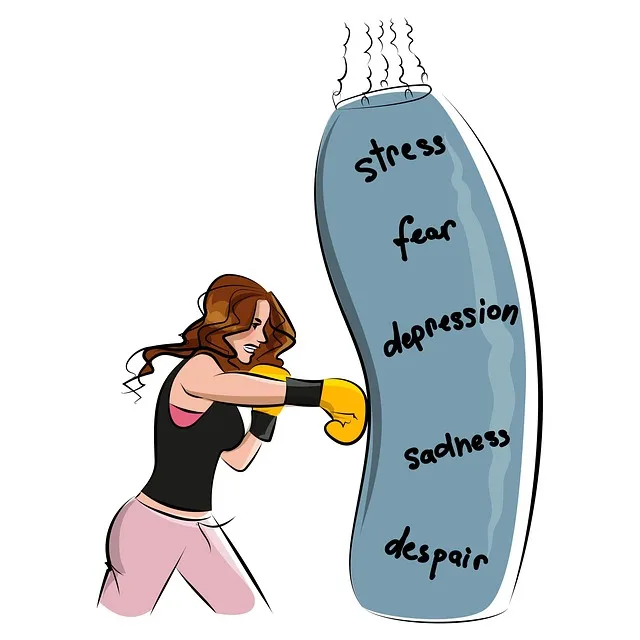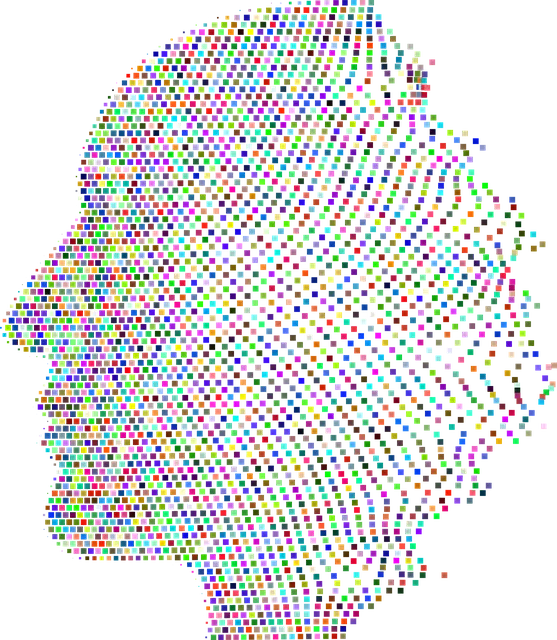The digital age demands accessible mental wellness solutions, particularly in urban areas with high stress levels. Mental wellness apps are closing this gap by offering flexible, discrete therapy options through empathy-building strategies and conflict resolution techniques. These apps cater to growing mental health awareness, helping users manage stress, anxiety, and other challenges from home. A superior app tailored for Kaiser Permanente mental health job seekers incorporates evidence-based practices like Compassion Cultivation and CBT, along with social integration and regular content updates. Kaiser Permanente's focus on holistic care makes them a game-changer in the industry, offering diverse roles to enhance emotional regulation and well-being. User-centric experiences and effective marketing strategies are crucial for app success, emphasizing Depression Prevention and engaging diverse user profiles.
In today’s digital age, the demand for accessible mental wellness solutions is on the rise. This trend has opened doors for innovative app development, with a focus on improving user experiences and addressing growing mental health concerns.
This article explores the various facets of creating successful mental wellness apps, from understanding user needs to designing engaging interfaces and navigating monetization strategies. We also delve into the opportunity at Kaiser Permanente, known for its superior mental health services, offering insights into app development within a leading healthcare organization.
- Understanding the Growing Demand for Mental Wellness Apps
- Features and Functionality: What Makes a Successful App
- Kaiser Permanente Mental Health Jobs: Exploring Opportunities in a Leading Healthcare Organization
- Designing User-Centric Experiences for Better Engagement
- Marketing, Monetization, and Sustainability: Strategies for App Success
Understanding the Growing Demand for Mental Wellness Apps

In today’s fast-paced digital age, the demand for accessible and convenient mental wellness solutions has been steadily rising, reflecting a profound shift in how individuals approach their psychological well-being. This trend is particularly evident in urban areas, where the hustle and bustle of daily life can leave folks feeling stressed and overwhelmed. According to recent studies, positions like Kaiser Permanente mental health jobs are experiencing high demand as more people seek professional support through innovative channels. The traditional barriers to accessing therapy, such as time constraints and geographical limitations, have prompted a growing interest in mental wellness apps that offer flexibility and discretion.
Empathy Building Strategies and Conflict Resolution Techniques integrated into these applications cater to the rising Mental Health Awareness, enabling users to manage stress, anxiety, and other common mental health challenges from the comfort of their homes. By leveraging technology to bridge the gap between professional support and personal well-being, mental wellness apps are poised to become a game-changer in the way we nurture our psychological resilience, especially among urban populations where high-stress environments may thrive.
Features and Functionality: What Makes a Successful App

A successful mental wellness app is characterized by a blend of intuitive features and robust functionality designed to support users in their self-care practices. Incorporating evidence-based Compassion Cultivation Practices and Stress Management techniques can significantly enhance its appeal, especially when tailored to meet the diverse needs of individuals seeking Kaiser Permanente mental health jobs. Such apps should offer personalized tracking tools for mood and anxiety levels, allowing users to monitor their progress over time. Interactive features like guided meditations, mindfulness exercises, and cognitive-behavioral therapy (CBT) techniques empower users with practical coping mechanisms.
Furthermore, social integration through online communities or chat forums facilitates peer support, fostering a sense of belonging and accountability. Regularly updating content with fresh self-care practices and mental health insights ensures the app remains engaging and relevant. A successful mental wellness app thus becomes not just a tool for managing stress but a comprehensive platform that supports users on their journey towards holistic mental well-being.
Kaiser Permanente Mental Health Jobs: Exploring Opportunities in a Leading Healthcare Organization

Kaiser Permanente, a leading healthcare organization, offers a promising landscape for individuals aspiring to contribute to mental wellness app development and related fields. With a strong focus on holistic care, Kaiser Permanente’s mental health jobs cater to a diverse range of roles, from clinical professionals to innovative technologists. These positions play a vital role in shaping the future of mental healthcare, ensuring superior support for patients navigating emotional challenges.
The organization’s commitment to excellence is evident through its investment in Mental Wellness Coaching Programs Development and Public Awareness Campaigns Development. By employing skilled individuals, Kaiser Permanente enhances its ability to create tailored solutions that improve emotional regulation and overall well-being. This forward-thinking approach positions them as a game-changer in the industry, offering superior mental health services accessible to a wide population.
Designing User-Centric Experiences for Better Engagement

Creating user-centric experiences is key to designing successful mental wellness apps. By prioritizing the needs and preferences of users, particularly those seeking Kaiser Permanente mental health jobs and services, developers can foster higher engagement. This involves employing intuitive interfaces, personalized content delivery, and adaptive features that cater to individual emotional regulation requirements. Incorporating interactive tools such as mood trackers, meditation guides, and cognitive-behavioral techniques not only enhances user experience but also supports risk management planning for mental health professionals.
Effective app design goes beyond basic functionality; it encourages continuous use through gamification elements, progress tracking, and community features. Integrating evidence-based stress reduction methods can make these apps powerful tools in the hands of users. Moreover, tailoring experiences to diverse user profiles ensures that the app remains relevant, beneficial, and accessible for all, aligning with Superior mental health goals and standards.
Marketing, Monetization, and Sustainability: Strategies for App Success

In the competitive landscape of mental wellness apps, successful marketing and monetization strategies are key to long-term sustainability. Integrating proven Mind Over Matter Principles can attract users by highlighting the app’s ability to support Depression Prevention and enhance overall well-being. Effective marketing channels include leveraging social media platforms popular among younger audiences and tapping into partnerships with established health organizations like Kaiser Permanente mental health jobs, which can provide credibility and expand reach.
Monetization models should be thoughtfully designed to ensure sustainability. Subscription-based plans offer a steady revenue stream while providing users access to a comprehensive suite of features. Additionally, offering in-app purchases for premium content or services tailored to specific needs, such as advanced risk assessment tools for Mental Health Professionals, can attract and retain users. Regular updates with fresh content and community engagement features are essential to keep users invested and encourage long-term adherence, ensuring the app’s continued relevance and success in the market.
The development of mental wellness apps has become a vital component in addressing the growing demand for accessible and personalized mental healthcare. By leveraging technology, these applications offer individuals support and resources to improve their mental well-being. With organizations like Kaiser Permanente prioritizing mental health initiatives, there’s an increasing need for skilled professionals to contribute to this space. Incorporating user-centric design principles and effective marketing strategies ensures the success and sustainability of these apps, making them valuable tools in navigating today’s digital landscape for superior mental wellness outcomes.






